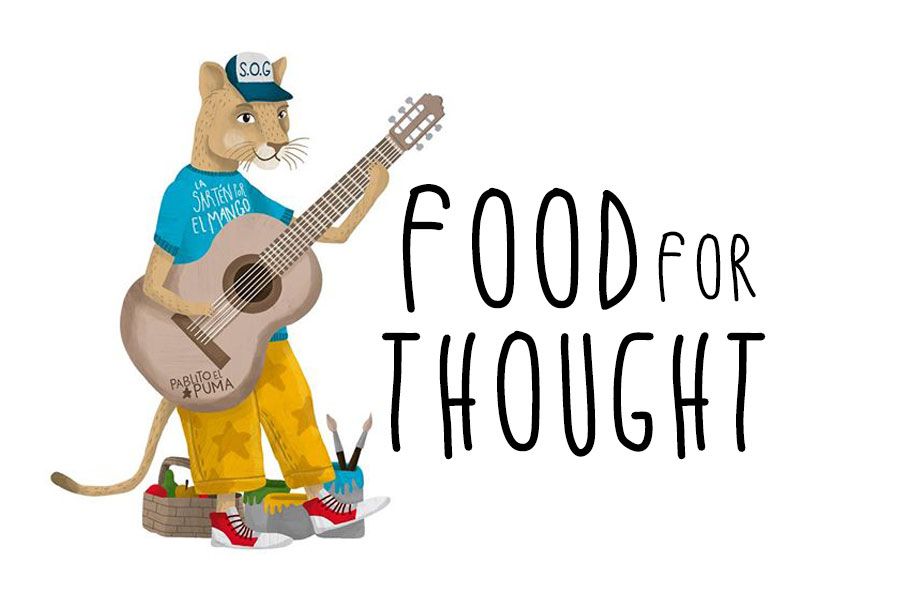We just had a long weekend, so we started this week on Wednesday. We could notice that a couple of the kids had trouble reconnecting after being away from the project for 5 days. Unfortunately, during the weekends is when the drinking, drugs and abuse mostly happen. The problem is that many houses where the children are living are overpopulated. So, when parties happen, children are involved.
We can see it when the kids start interacting with others. They get annoyed easily, they get violent, they get frustrated, they blame other kids, and often end up crying. It’s not because they are bad kids. It’s because they are experiencing all sorts of trauma in their homes. They don’t have the ability to express how they feel or what they are feeling, so it comes out in other forms.
We see extreme cases here at Food for Thought but all children in all parts of the world deal with traumatic episodes in their lives. We all carry unresolved issues from our childhood. Education spaces need to be therapeutic! I’m not saying we need psychologists in every class (although not a bad idea) but I am saying that it is possible to incorporate a therapeutic tone into education. One of the things that all schools do really well is routines. Kids need routines to be able to prepare for what is to come. They need to see what is coming and when to get ready for it! Routines are repetition, repetition is therapeutic.
Rhythm is also repetition and thus, therapeutic. Music, heartbeats, running, breathing, swimming, exercise, or playing an instrument such as a drum can all be used as a type of rhythmic therapy. Kids need this stuff to have rhythm in their lives! They need it as a type of meditation to understand that our brains can be in different states. For me, sport is my preferred meditation. When I am playing a sport, I am in the present moment. Sport for me is an escape from thought. The same goes for music.
So, going back to the central theme of this 30-day blog “We know nothing”. One of our routines is a type of meeting circle at the start and the end of the day. At the start of the day we write up on a whiteboard the order of the events for the day and read through it with the kids. At the end of the day we pass around the “palo de la palabra” (the word stick). Each child has the chance to talk about what they enjoyed during the day. If they choose, they can also say what they didn’t like.
Recently we took the last part a step further and started a ‘democratic circle’. It is so that they can talk about any problems that they have with other kids, the staff, the volunteers, the food, the activity, or any other problems that arise. From this discussion, we talk about possible solutions. We are in the beginning stages of the process so some of the kids feel like they are being accused or attacked if they hear something bad about themselves from another child. Early stages, but I feel like there is healthy conversation going on. There is a space for the children to openly express themselves and also become part of the decision-making process. We know nothing, so making decisions collectively, in real time, means that we are learning and progressing together.
